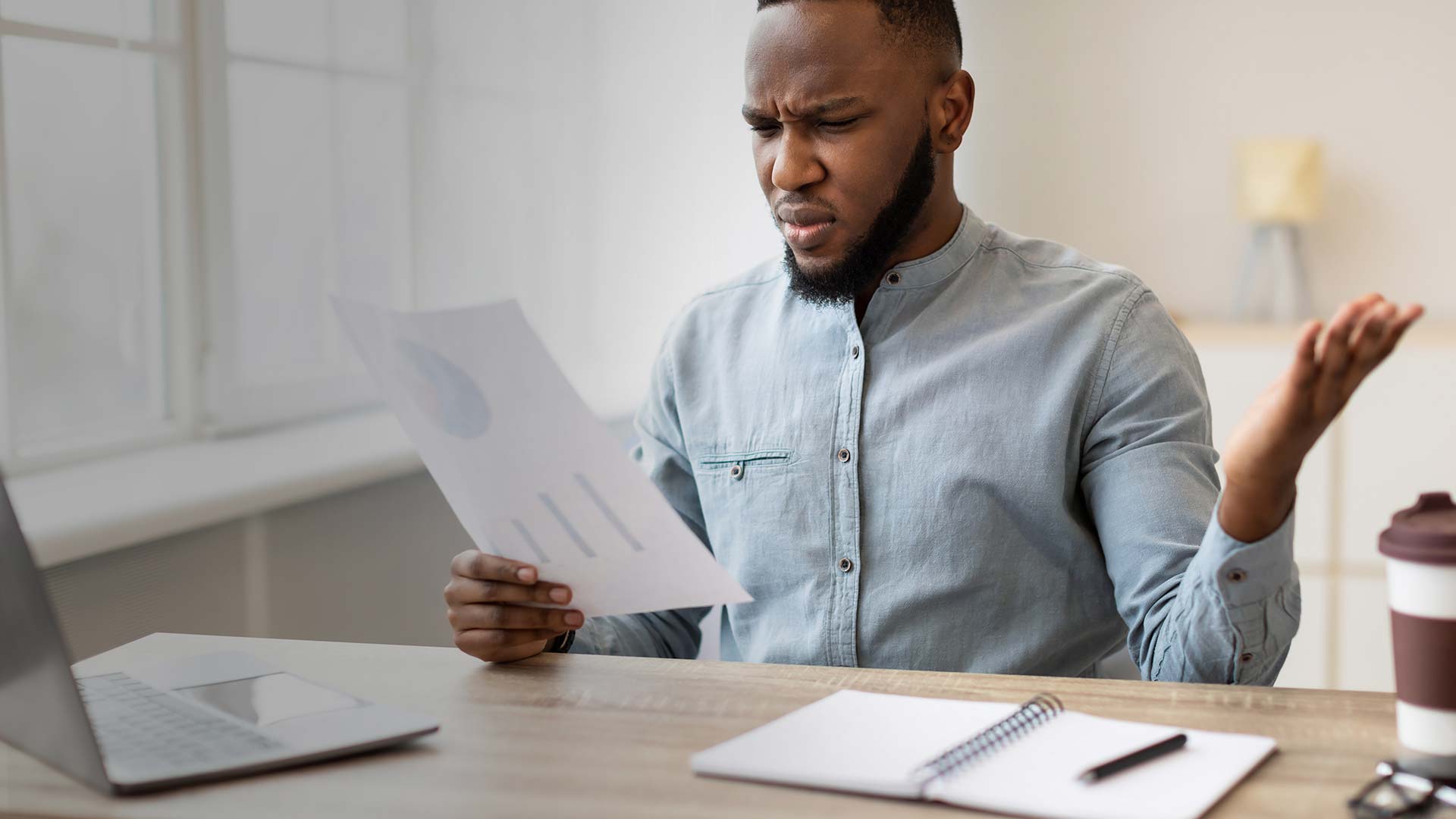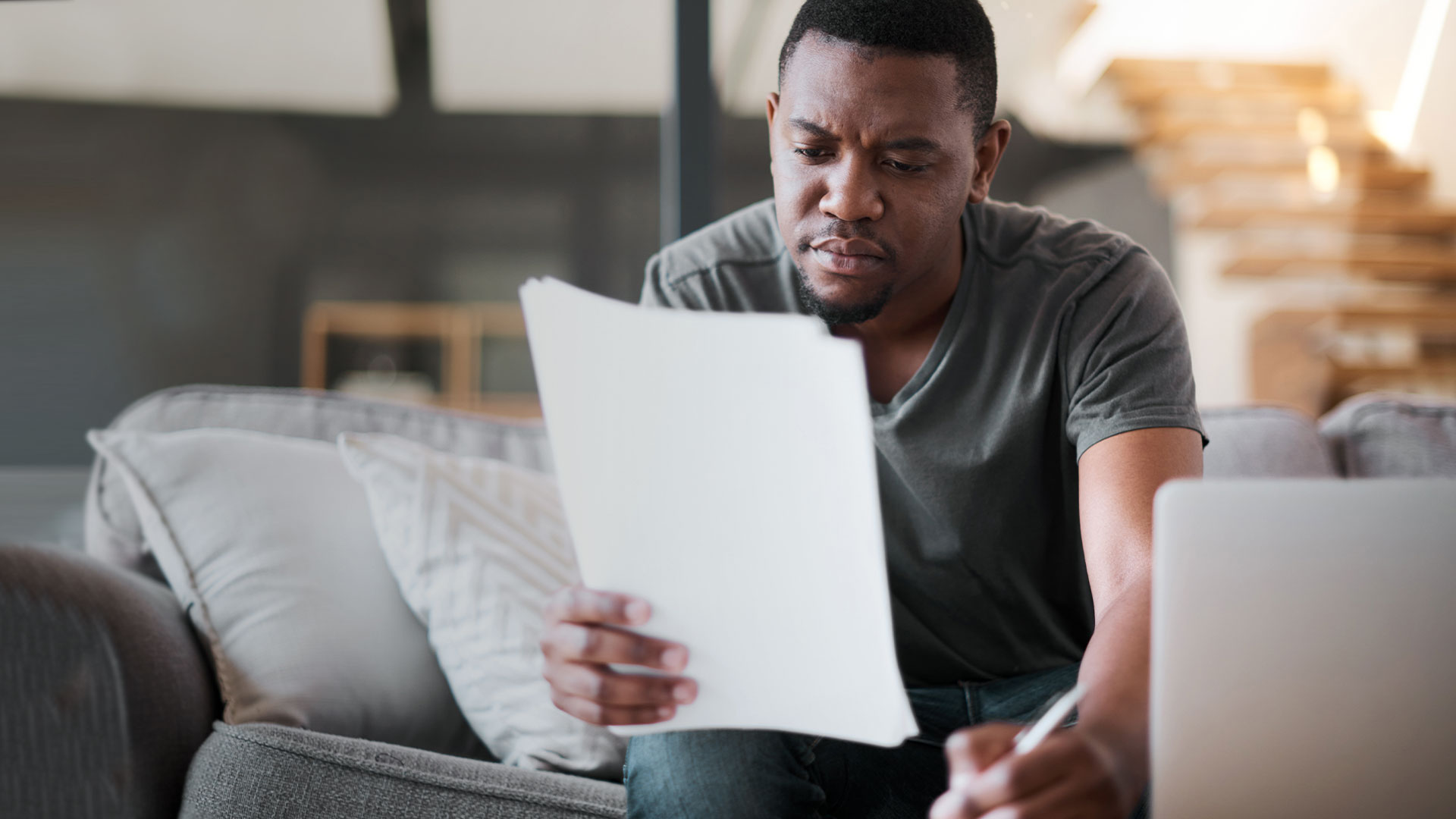Buying a home – whether for your family to live in, or to rent out as an investment – can be an expensive exercise when you add all the costs you face on top of your home loan: for example, transfer duties, registration costs, moving expenses and perhaps even renovations. It could be worth your while to consider repossessed houses when you’re house-hunting.
What is repossessed property?
A repossessed property is property owned by a bank after the previous homeowner got into financial difficulty, was unable to meet the bond payments, and all our attempts at payment rehabilitation have failed. This is the final and most drastic step that a bank is forced to take if a homeowner is unable to keep up with their payments. This is also the reason why you should never suffer in silence: rather talk to your credit provider before you miss any loan repayments and arrange an adjusted repayment plan. Lenders would much rather restructure your loan agreement than let you reach a point where you simply can’t pay off your debt.
Banks aren’t in the business of buying and selling property. No, banks are in the business of helping you manage your finances well, so repossessing a property is a last resort, which banks would rather avoid. When you are granted a home loan, the bank pays the cost price to the seller and gets that money back from the buyer, plus interest charged over the term of the loan. If the monthly payments stop, the bank has no other option but to repossess the house and sell it to recoup the remainder owed on the loan. In selling the home to another buyer, the bank’s main objective is to offer financial relief to the previous property owner, while recovering the outstanding debt on the home loan account.
The advantage of buying a repossessed property
The main benefit of buying a repossessed house is lowering your costs. Firstly, on a repossessed property you don’t pay transfer duties (the tax normally levied on the value of the property). Secondly, the bank will ensure that municipal bills and utilities associated with this property are in order and paid up to date. With this in place, you won’t be facing an unexpected mountain of bills when you take over a repossessed property – which may sometimes delay your own connection to certain services.
You want to be settled there for a long time, so you need to be sure this is where you want to live
Thirdly, the selling price of repossessed houses are often below the market value. The bank will be keen to sell as soon as possible, providing it can make back the outstanding amount left on the original home loan. A lower price means lower home loan repayments, so you’ll have more to spend on renovating and furnishing the property once you move in. You can begin to enhance the value of your new investment right away.
How do you find out about repossessed property?
If you’re interested in buying a repossessed property, you could browse bank websites regularly for these listings and then talk to a bank representative, or see what properties Nedbank currently has on offer. Banks also work with estate agents to sell off repossessed property, so you could contact local estate agents and get them to alert you to any repossessed listings within your price range.
A word of caution
A repossessed property could prove to be a bargain, but remember: you still need to evaluate it as carefully as you would any other home before you buy. This might prove difficult, if there are current occupants involved in a bitter fight with the bank on site – your estate agent might struggle to arrange a viewing. With a home that has been standing empty for a long time, there is a possibility of illegal occupation, weather damage or vandalism, so be aware of potential complications.
But before making an offer to purchase, make sure you get to view the house properly, checking that all the fixtures and fittings are present and working, and assessing any damage that you’ll need to repair. Most repossessed houses are sold as is, so you must know in advance what problems you’ll be paying for to get fixed and whether you can afford to.
Also meet the neighbours and do some research on the area. You want to be settled there for a long time, so you need to be sure this is where you want to live. However, if you’re careful to judge a repossessed home as rigorously as you would with any other property, you may well find a house that gives you more than you expected at an excellent price.
Did you know that on average, Nedbank pays out around R1.3 million a month in cash back on home loans? In 2025, we paid out more than R16 million in cash back on home loans. For an affordable home loan tailored to your circumstances and value-added extras like up to R20,000 cash back and a 50% discount on your attorney bond registration fees, choose the bank that’s best for your money.
This article is for general information only and does not constitute financial advice under the FAIS Act. Nedbank accepts no liability for any loss arising from reliance on this content. Please consult a qualified advisor before making financial decisions.








